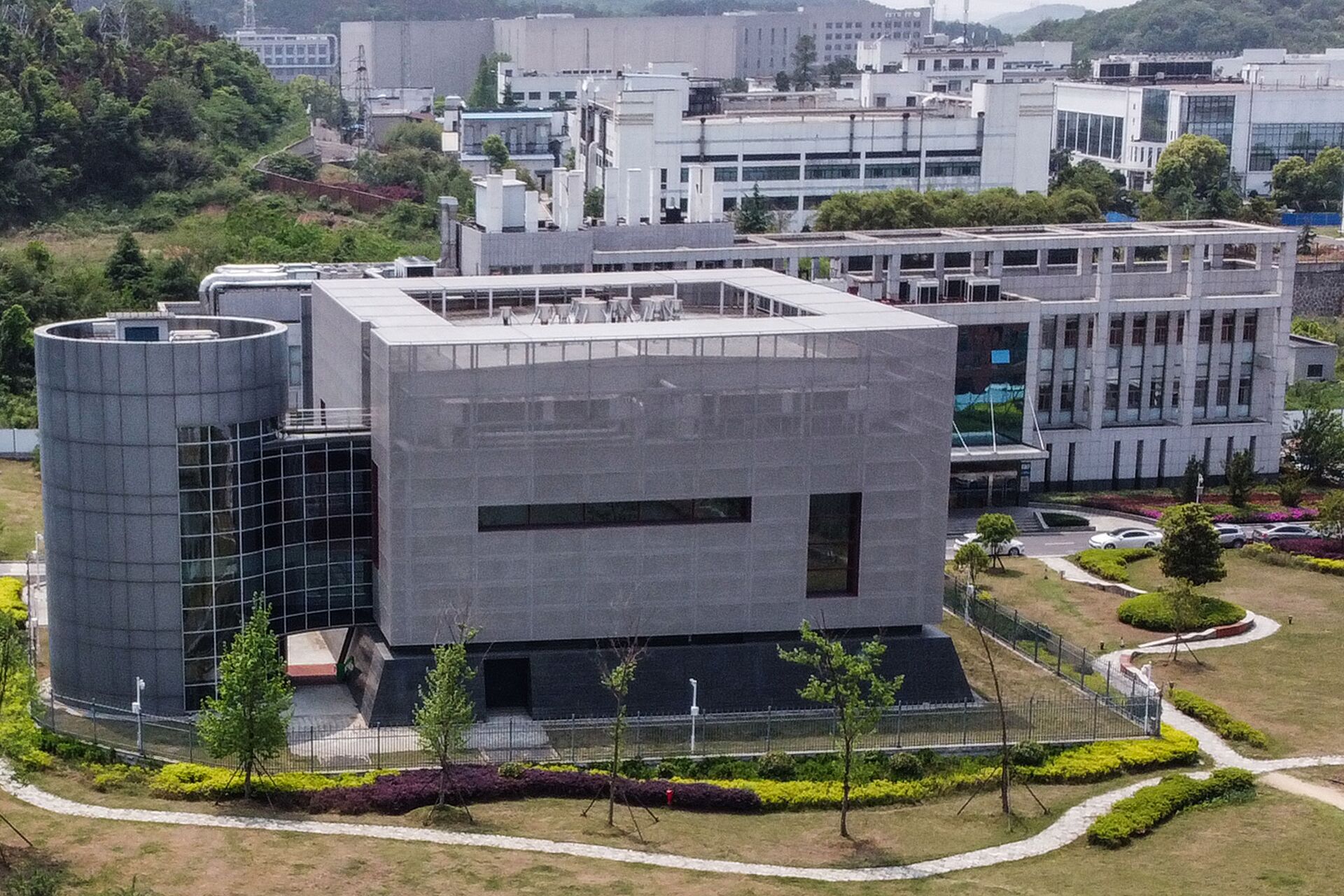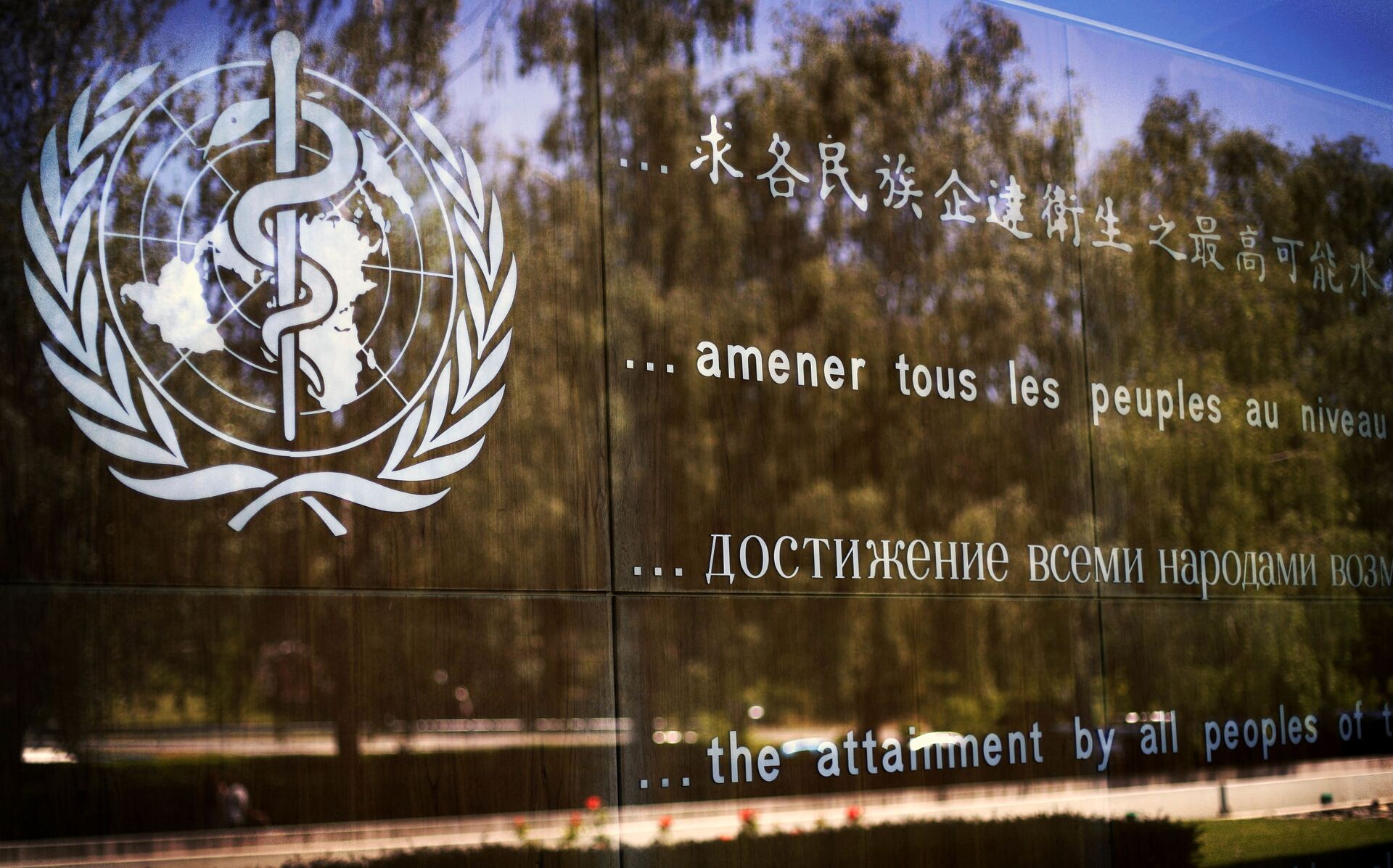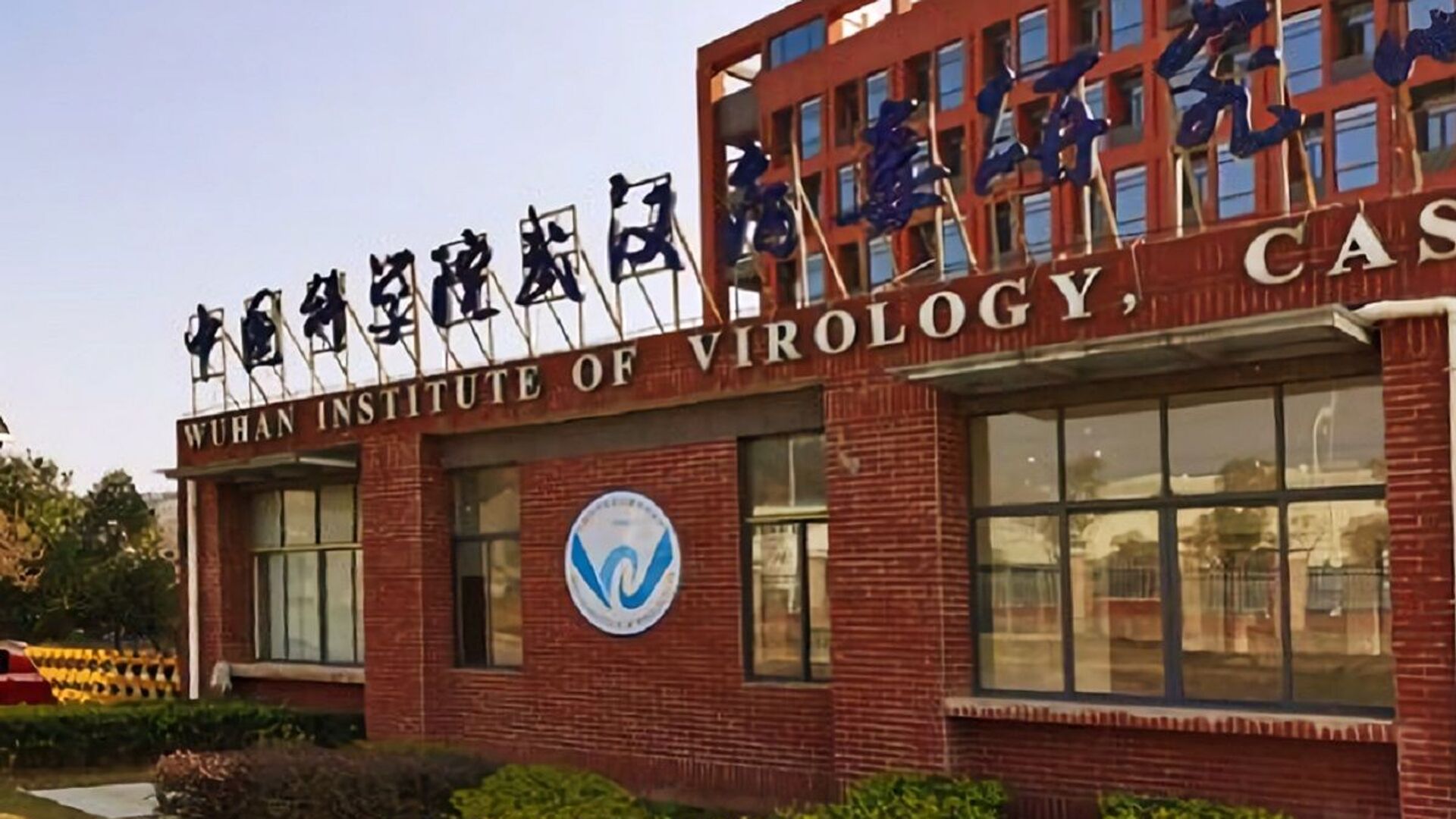‘Science, Not Speculation’: Scientists Blast Obsession With ‘Unsubstantiated’ COVID Lab Leak Theory
Subscribe
When rumors began that the newly discovered novel coronavirus had escaped from the Wuhan Institute of Virology in February 2020, an international group of scientists penned a letter in defense of their Chinese colleagues, who had sequenced the virus’ genome, concluded it was of natural origin, and denied claims the virus had been stored at the lab.
Two dozen prominent scientists from around the globe, including physicians, veterinarians, epidemiologists, virologists, biologists, ecologists, and public health experts, penned a letter published in the British medical journal The Lancet on Monday, urging that “science, not speculation, is essential to determine how SARS-CoV-2 reached humans.” Many of them had also signed the February 2020 letter, which The Lancet also published.
World leaders and public figures must “turn down the heat of the rhetoric and turn up the light of scientific inquiry” about the origins of SARS-CoV-2, the virus that causes COVID-19, if humanity hopes to defeat the present pandemic, to say nothing of preventing the next one, the scientists warned.
“We believe the strongest clue from new, credible, and peer-reviewed evidence in the scientific literature is that the virus evolved in nature, while suggestions of a laboratory-leak source of the pandemic remain without scientifically validated evidence that directly supports it in peer-reviewed scientific journals,” the scientists wrote.
“Careful and transparent collection of scientific information is essential to understand how the virus has spread and to develop strategies to mitigate the ongoing impact of COVID-19, whether it occurred wholly within nature or might somehow have reached the community via an alternative route, and prevent future pandemics,” they said. “Allegations and conjecture are of no help, as they do not facilitate access to information and objective assessment of the pathway from a bat virus to a human pathogen that might help to prevent a future pandemic.”
Lab Leak Theory Gains Currency
Claims that SARS-CoV-2 escaped from the Wuhan virology lab have spread since early 2020, when the virus caused a major outbreak in the surrounding Hubei Province of China. However, as Sputnik has reported, the claims have derived from and been amplified by far-right anti-Chinese figures, including then-US President Donald Trump, members of his administration, including Steve Bannon, one of Trump’s senior advisers.
Recent polls have shown that 83% of Americans would support US actions to punish China if the lab leak theory is found to be true, including trade penalties, travel sanctions, a boycott of the 2022 Summer Olympics, and even payment of reparations to families whose loved ones died of COVID-19. Moreover, 46% of Americans surveyed in mid-June believed in the lab leak theory, including 70% of Republicans, 41% of Independents, and 32% of Democrats.

(FILES) This file photo taken on April 17, 2020 shows an aerial view of the P4 laboratory at the Wuhan Institute of Virology in Wuhan in China's central Hubei province
© AP Photo / HECTOR RETAMAL
Nonetheless, the World Health Organization (WHO) investigated the possibility as one of several during an information-sharing visit with Chinese colleagues in Wuhan in early 2021. Their report eliminated no possibilities, but rated a lab leak as among the least likely of five possibilities. The others included two types of zoonotic transfer, introduction through the cold chain, and the international military games held in Wuhan two months before the first COVID-19 cases were identified.
Before the WHO’s report was even complete, Western media, politicians, and conspiracy theorists were already claiming it was inadequate and faulting the Chinese for supposedly withholding evidence, even though members of the WHO team publicly dispelled those claims.
In the aftermath, the lab leak theory continued to spread in the media and became increasingly mainstream, with the Biden administration bowing to popular pressure in May and ordering US intelligence to produce a report in 90 days on the virus’ origins.
Scientists Denounce Tit-for-Tat
However, the Monday letter’s authors didn’t just criticize this swelling of what they called “unsubstantiated allegations”: they also criticized the Chinese government for returning fire.
“Recrimination has not, and will not, encourage international cooperation and collaboration. New viruses can emerge anywhere, so maintaining transparency and cooperation between scientists everywhere provides an essential early warning system. Cutting professional links and reducing data sharing will not make us safer,” they wrote.
They pointed to the WHO’s March report as “the beginning rather than the end of an inquiry” and backed the Group of Seven’s June call for “a timely, transparent, expert-led, and science-based WHO-convened phase 2 COVID-19 origins study.” However, they cautioned that the results could take years to be arrived at, and that an origin might never be uncovered.
The origins of another closely related coronavirus, SARS-CoV-1, which causes Severe Acute Respiratory Syndrome (SARS), were only partially triangulated in 2017, 15 years after the outbreak it caused. The scientists found bats in a remote cave in China’s Yunnan Province that had inside them coronaviruses with all the building blocks of SARS, but couldn’t actually prove SARS had come from them. Others, like the coronaviruses that cause the common cold, have never had their origins found.

The logo of the World Health Organization is seen at the WHO headquarters in Geneva, Switzerland, Thursday, June 11, 2009
© AP Photo / Anja Niedringhaus
Leo Poon Lit-man, a professor in the University of Hong Kong’s School of Public Health who signed both the Monday letter and the February 2020 letter, told the South China Morning Post that “a lack of dialogue and communication” was slowing the science down.
“We just don’t have a healthy dialogue and, in terms of public health, we have to build on trust,” he told the Hong Kong-based paper. “I just don’t see there is trust between governments and within scientific communities, and we need to find a way to reconcile this issue.”
Asked about the Lancet letter at a Wednesday morning press conference, Chinese Foreign Ministry spokesperson Wang Wenbin said that “attempts to politicize study of origins to scapegoat other countries will only end... in failure.”
Wang said it was clear the US was engaged in “more and more overt political manipulation” by “hyping up the China ‘lab leak’ theory” and “vilifying” the WHO report to “alter the fact that it is the US politicians who dismiss science and politicize epidemic response that should be held accountable for the loss of more than 600,000 American lives.”


